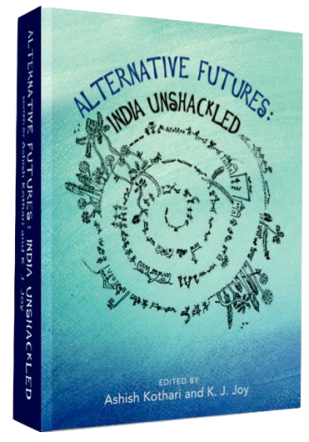Re-reading Antonio Gramsci lately, in preparation for a webinar organized by the Dean, School of Social Sciences, University of Hyderabad on “Gandhi, Ambedkar, Gramsci”, I was struck by an aspect of his thought that I had not really understood in all its dimensions earlier. This aspect is directly related to the relationship between subalternity and the political party, a lifelong preoccupation for him, linked in turn to the problem of “philosophy” and “thought”. Some of the reflections here on this question were also sparked off also by some questions that were raised during the discussion.
Skhekhar Gupta on Taali-Thaali and Diya
It was while searching for something related to the Indian government’s handling of the Covid-19 situation, that I hit upon this astonishing article by Mr Shekhar Gupta, which is my peg for the discussion that follows. It is an older article (4 April 2020), for I must confess I had stopped reading him long ago given the sheer predictability of what he had to say. But here he seems to have surpassed himself. The title itself first caught my attention: “Poke fun at taali, thaali, diya and mombatti all you want. Modi couldn’t care less“. Shekhar Gupta was one of those who had, in the run up to the 2014 elections, come out with brass band to clear the way for Narendra Modi’s accession to power. But hadn’t he lately – so I had heard – started expressing some criticisms of the regime? Tavleen Sigh certainly had. So what is Gupta saying? Well for one thing, I realized that his deep fascination with the Modi persona continues unabated but that is something I can’t blame him for. We can’t determine what our taste-buds like, can we? I am also not surprised that Gupta’s tone regarding his imagined secular-liberal adversaries is one of derision. What struck me was that all that he is basically saying in the article is that Modi knows who he should speak to and he is able to read the popular mind, but this banality is presented as one great insight of all times!








